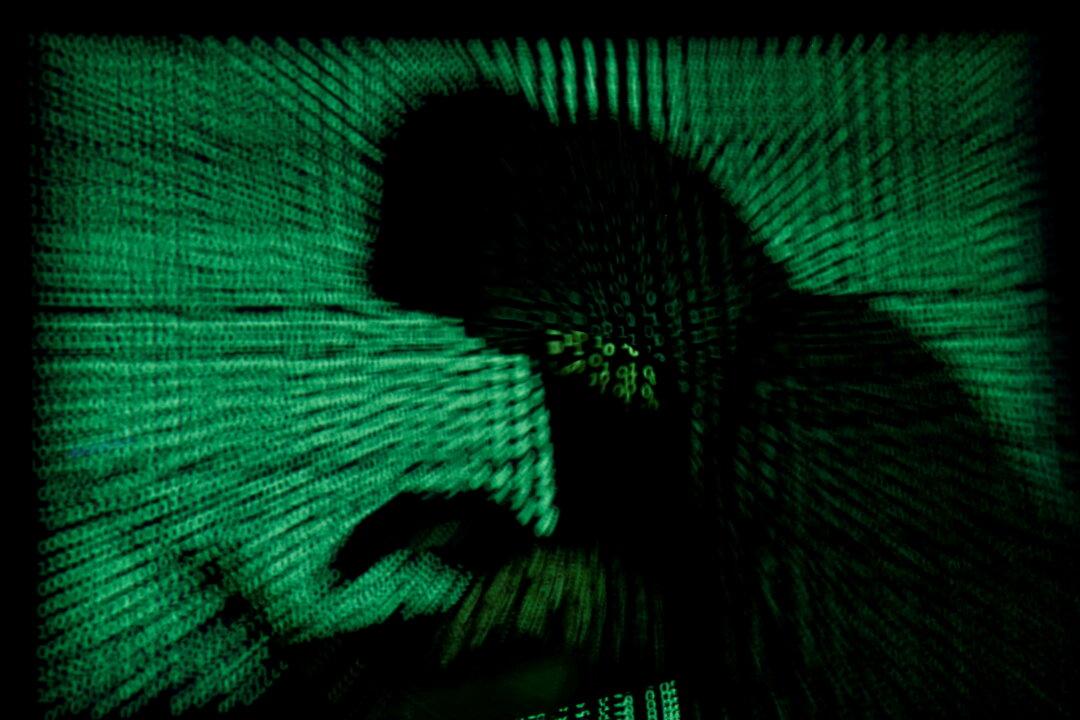New legislation that provides the government greater powers to combat cyberattacks passed the Australian Senate with the support of the opposition on Monday.
The amendment to the Security of Critical Infrastructure Act 2018 allows the Australian Signals Directorate (ASD) to step in and take over operating systems of certain industries in the event of a cyberattack.





